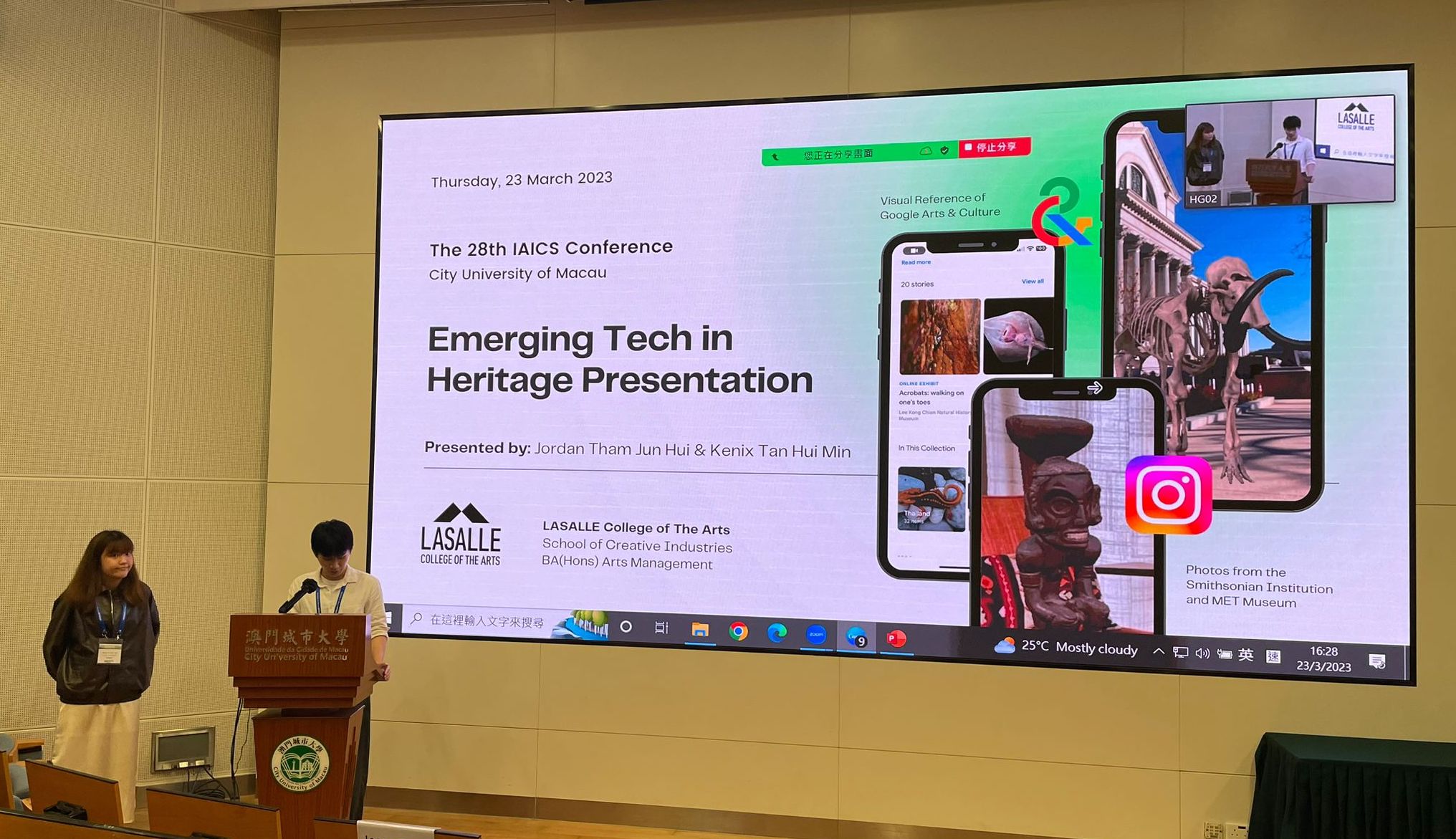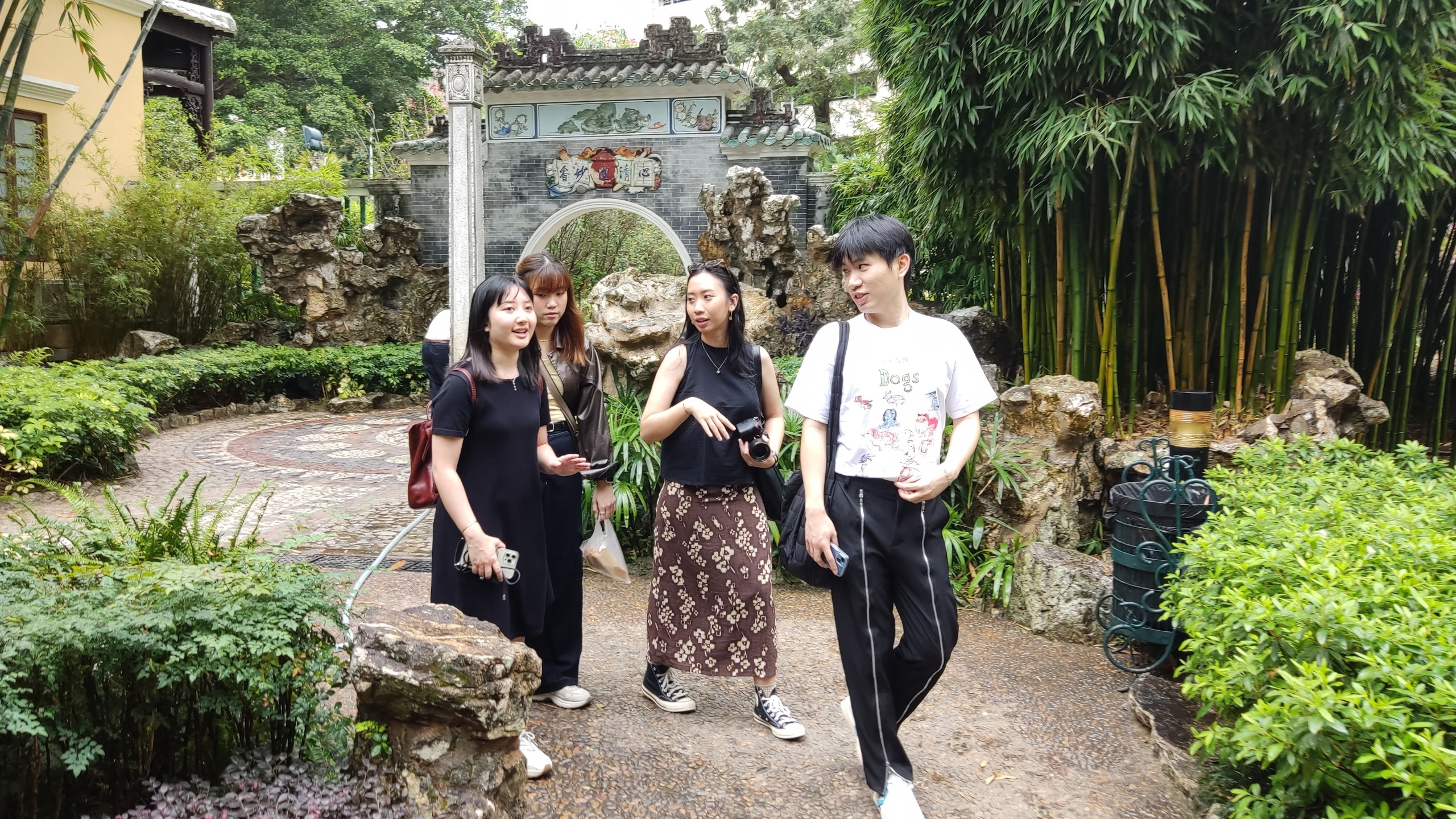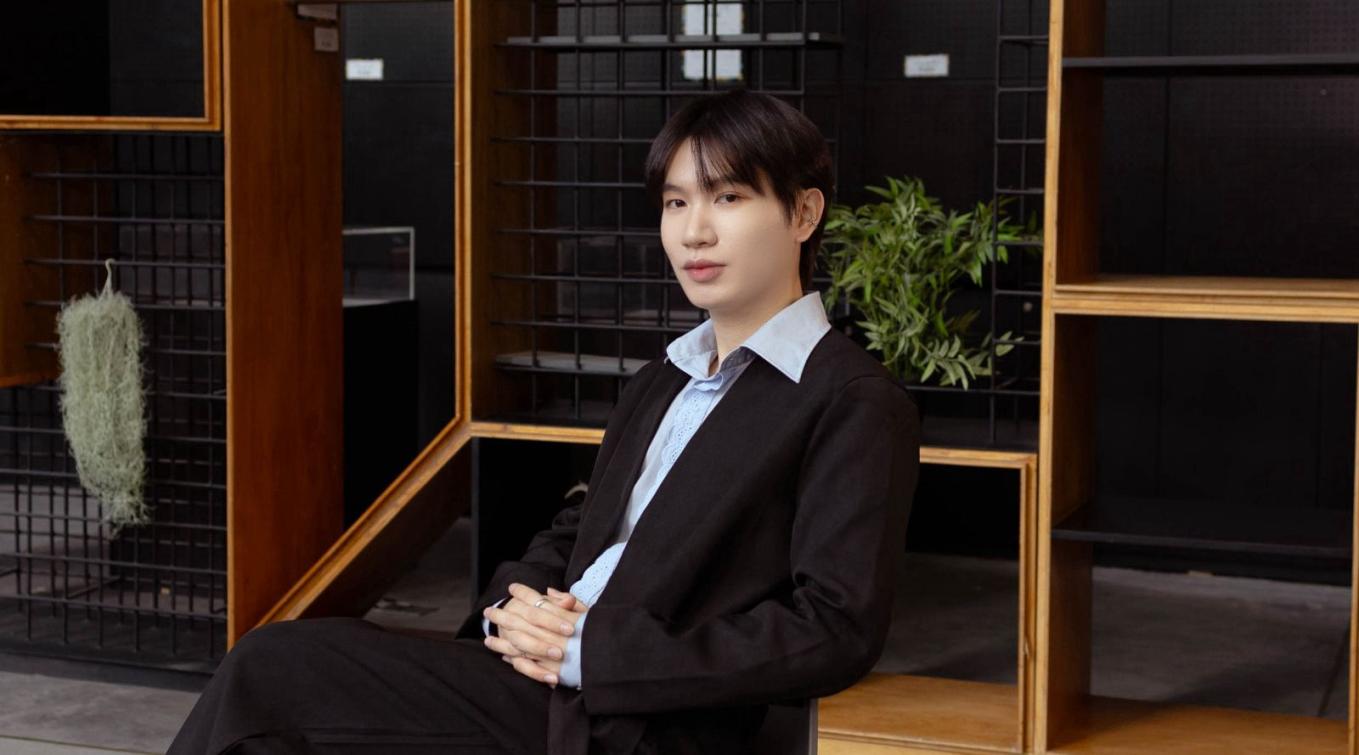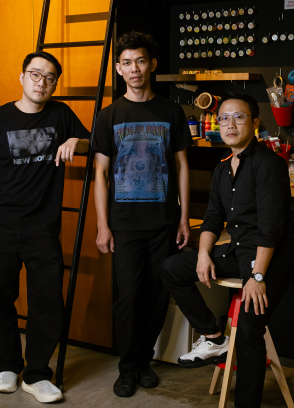BA(Hons) Arts Management graduate Jordan Tham is the first winner of the McNally Award for Excellence in the Arts from the School of Creative Industries in the award’s 16-year history, a humbling statistic that brings its own pressures.
The past recipients of this award have achieved great milestones in their careers – contributing greatly to their respective fields, winning awards and garnering international recognition.
Jordan certainly feels the weight of expectation, saying, “The award has given me a real sense of responsibility to to shed light on our field, as well as contribute back to the creative industries in a way that impacts the lives of artists, arts organisations and the public, and brings recognition to LASALLE!”
We spoke with Jordan about why he thinks it has taken so long for an arts management graduate to win the award, popular misconceptions about arts management, and what role he believes arts managers will play in the future.
Congratulations for winning the award! Why do you think it’s taken so long for an Arts Management student to win the McNally Award for Excellence in the Arts?
I believe that it is hard to quantify the achievements of arts managers. Most of our work happens behind the scenes. For example, arts managers may be a producer for a theatrical company. They oversee administrative and operational aspects, including budgeting, fundraising, marketing and strategic planning, sometimes even supervising onstage and backstage activity to make sure performances go off without a hitch. However, the recognition for a good show is usually given to the directors and actors. Imagine if there wasn’t a good producer, the show wouldn’t run smoothly or even happen!
In short, if things haven’t gone up in flames – the arts manager is doing a good job. I truly believe that behind every successful artist, there is also a successful arts manager!
What do you think people don’t understand about arts management?
There are definitely misconceptions about arts management. People hear the word ‘arts’ and paintings and museums come into their mind first – they think arts managers all aspire to be curators or artists, or work in museums.
But the ‘arts’ in ‘arts management’ is a broad term and encompasses various art forms, including dance, theatre and even design and the creative industries.
Other than working in the frontline in arts organisations, arts managers play key roles in policy implementation, working behind the scenes with government agencies and cultural institutions to shape supportive frameworks. I believe that the insights arising from arts management research can help to develop policies that foster artistic growth, provide equitable access to arts experiences, and prioritise the cultural well-being of communities.

A more holistic way to think of arts managers is to see us as bridges – we play a vital role in connecting artists, audiences, and stakeholders to promote the growth and sustainability of the arts sector.
What led you to study arts management at LASALLE?
I come from a background in visual communication. My passion for the arts and desire to contribute to the creative sector led me to look around for an arts management programme that could supplement my creative background with business and management skills.
I chose LASALLE because I remember being very impressed by the quality of their graduates’ works after attending The LASALLE Show. I walked away with the impression that LASALLE was good at shaping students into leaders in their field by unleashing their full potential.
What does the future of arts management look like to you?
It is an exciting if challenging time! Especially in the light of the disruptions caused by the pandemic on arts businesses, arts managers have a crucial role to play in ensuring that the creative industries continue to flourish, and that the sector persists in the preservation of diverse cultures and pursuit of innovation.
As the arts ecosystem matures, I also believe that the field of arts management is poised for a transformative shift, transitioning from primarily managing individual arts organisations to taking on a broader role in shaping the arts and cultural landscape at a national level.
This evolution will involve arts managers actively engaging in district branding initiatives, playing a crucial role in policy implementation, and contributing to cultural diplomacy efforts, all with the aim of nurturing vibrant and inclusive arts ecosystems at both local and global levels.

What is your driving force to continue in this field?
Apart from being passionate about growing the creative industries, it has always been my dream to dispel the myth that people working in the arts or the creative industries are not contributing much to society. This notion is profoundly misguided and couldn't be further from the truth!
The reality is that those involved in the arts and creative sectors play a vital role in enriching society in numerous ways. Artists, designers, performers and professionals in creative fields bring forth new perspectives, ignite imagination, and provoke thought through their artistic creations. The arts has the potential to address social issues, advocate for change and bring about positive transformation by fostering empathy and pushing boundaries.
It is my job as an arts manager to be a leader and architect in this transformation, to bridge the gap between artistic expression and business acumen, so as to ensure that all these artistic endeavours continue running. I hope that by seeking out new platforms to bring the arts closer to the world, arts managers can show the public that the arts can make an impact on the world.
I will always be grateful to LASALLE and my lecturers for giving me opportunities to contribute to the field and produce research that I hope can influence cultural policy in the long run.




